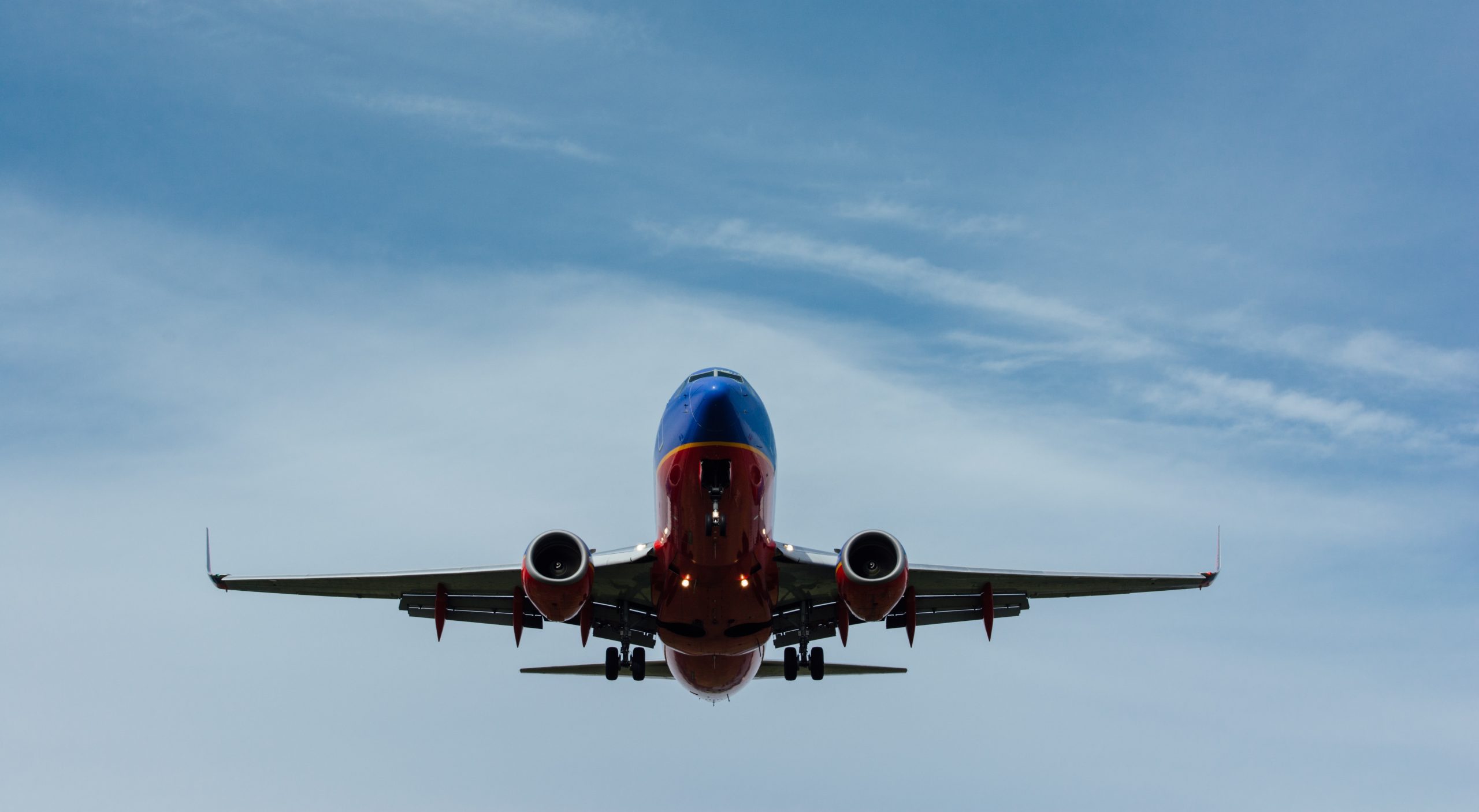Published on October 11, 2021
A range of players in the aviation sector have recently announced or reiterated their ambitions to become climate neutral. Immediate action is overdue: aviation is still the most climate-damaging way to travel and transport. If aviation’s CO2 emissions were measured as a country, it would rank among the top 10 emitters.
Therefore, it is evident that aviation must strive towards climate neutrality to comply with the goals of the Paris Agreement and limit global warming to 1.5 degrees. While CO2 emissions certainly play a key role, so-called non-CO2 emissions are even harder to reduce and responsible for around two thirds of aviation’s climate impact. These include oxides of nitrogen (NOx), soot particles, oxidised sulphur species, and water vapour from contrails of planes.
However, in the past, the aviation industry has struggled to meet its responsibilities. All the more welcome are commitments such as, most recently, by the International Air Transport Association (IATA) to reach net zero carbon emissions by 2050, particularly given its scale of influence representing 290 member airlines and 82% of pre-pandemic global air traffic. This is a positive step. But many questions remain unanswered, particularly on the actual implementation of emissions reduction, timelines, and how to decrease the non-CO2 effects.
Furthermore, the IATA identifies the Carbon Offsetting and Reduction Scheme for International Aviation (CORSIA) by the International Civil Aviation Organization (ICAO) as an important immediate measure. However, offsetting is a measure often criticised by environmental associations such as Germanwatch as it tackles compensation rather than reduction.
Reaching net zero in aviation requires a range of measures:
- Effective monitoring, reporting and verification (MRV) systems – which include all climate effects
- Price climate effects and abolish environmental harmful subsidies
- Avoid/Reduce unnecessary travel
- Improve through new technologies
The last point includes sustainable aviation fuels (SAF), for instance Power-to-Liquid (PtL) based on hydrogen. The recently opened plant from Atmosfair in Wertle, Northwest Germany, demonstrates PtL as already technically feasible. It is the first plant in the world to produce CO2-neutral e-kerosene on an industrial scale, using only renewable, additional electricity, water, and CO2 captured directly from the air (Direct Air Capture, DAC) and from biogas produced from food waste.
Nevertheless, the combustion of PtL, even if it is CO2-neutral when produced, still emits non-CO2 emissions that fuel global warming. Moreover, it is crucial to look further than to electricity and water supply and to apply a holistic sustainability approach to the entire PtL value chain. The International Power-to-X Hub has developed such a comprehensible sustainability framework, which considers environmental, economic, social and governance dimensions.
Furthermore, to keep climate impact as small as possible, PtL should be transported as little as possible. Whenever doable, the synthetic fuels should be refueled on-site where it has been produced. This has been expressed by off-takers as well: At the opening of the PtL plant in Wertle, Volker Ratzmann, Executive Vice President Corporate Public Affairs at Deutsche Post DHL Group, emphasised the willingness to pay for higher PtL prices if certificates are counted towards DHL’s emissions reduction.
In the future, it should become technically feasible to tank synthetic e-fuels only, i.e. without being blended with fossil fuels as it is required today. Siegfried Knecht, Head of CTO External Affairs Germany Airbus declared to be currently working on making this possible together with the German Aerospace Center (Deutsches Zentrum für Luft- und Raumfahrt, DLR).
Now, actions must follow the ambitious commitments. Concrete action plans and policies to promote the market ramp up must be put in place to upscale PtL production and meet aviation’s demand for CO2-neutral fuels.
Contributor to this article is Maren Schöttler.
